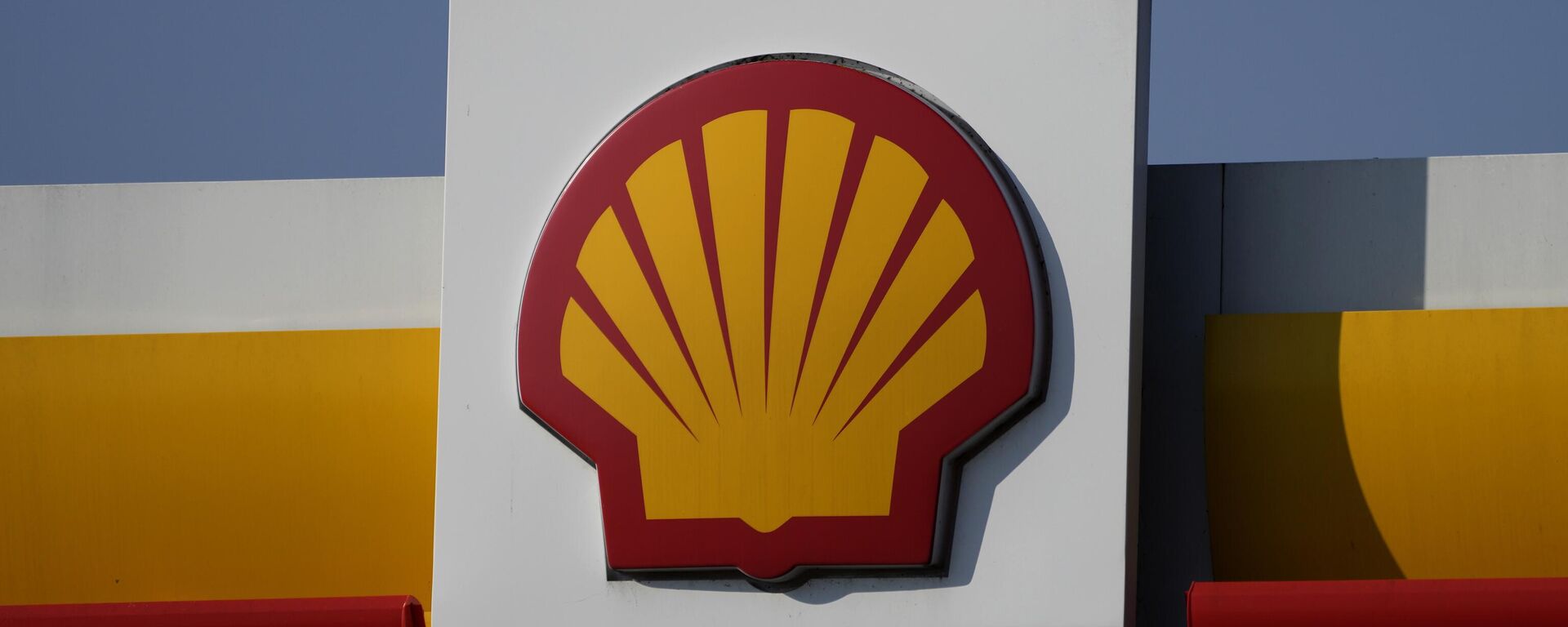https://en.sputniknews.africa/20241017/nigerian-oil-regulator-rejects-shells-13bn-sale-of-states-assets-to-local-consortium-media-say-1068731648.html
Nigerian Oil Regulator Rejects Shell's $1.3Bln Sale of State's Assets to Local Consortium, Media Say
Nigerian Oil Regulator Rejects Shell's $1.3Bln Sale of State's Assets to Local Consortium, Media Say
Sputnik Africa
Despite initial reports that the proposal by SPDC, which has 15 onshore oil production leases, was pending approval, the government has definitively rejected... 17.10.2024, Sputnik Africa
2024-10-17T16:17+0200
2024-10-17T16:17+0200
2024-10-17T17:23+0200
sub-saharan africa
nigeria
west africa
oil
shell
economy
government
energy
industry
mining
https://cdn1.img.sputniknews.africa/img/07e8/0a/11/1068731184_0:84:1600:984_1920x0_80_0_0_d01ff5c0b8a73b96d2c6837631c783fc.jpg
The state-run Nigerian Upstream Petroleum Regulatory Commission (NUPRC) rejected the proposal of Shell Petroleum Development Company of Nigeria (SPDC) to sign a $1.3 billion deal with the Renaissance Africa Energy Company (RAEC), a Nigerian consortium of five energy companies, local media ThisDay reported. The NUPRC deemed the RAEC unqualified to manage the country’s oil and gas assets, citing a lack of proven capacity, according to media. The government reportedly believes that handing over these assets to an unqualified entity could lead to further losses for Nigeria, especially during a time when increasing oil and gas production is crucial.Upon successful completion of the $1.3 billion Shell divestiture, the RAEC would have made additional cash payments of up to $1.1 billion, primarily related to past receivables and cash balances in the business, the report added.
https://en.sputniknews.africa/20240415/amnesty-international-calls-on-nigeria-to-halt-sell-of-shell-assets-until-pollution-is-addressed-1066076710.html
nigeria
west africa
Sputnik Africa
feedback@sputniknews.com
+74956456601
MIA „Rossiya Segodnya“
2024
News
en_EN
Sputnik Africa
feedback@sputniknews.com
+74956456601
MIA „Rossiya Segodnya“
Sputnik Africa
feedback@sputniknews.com
+74956456601
MIA „Rossiya Segodnya“
nigeria, west africa, oil, shell, economy, government, energy, industry, mining
nigeria, west africa, oil, shell, economy, government, energy, industry, mining
Nigerian Oil Regulator Rejects Shell's $1.3Bln Sale of State's Assets to Local Consortium, Media Say
16:17 17.10.2024 (Updated: 17:23 17.10.2024) Alla Shukanova
Writer / Editor
Despite initial reports that the proposal by SPDC, which has 15 onshore oil production leases, was pending approval, the government has definitively rejected the deal, media reported.
The state-run Nigerian Upstream Petroleum Regulatory Commission (NUPRC) rejected the proposal of
Shell Petroleum Development Company of Nigeria (SPDC) to sign a $1.3 billion deal with the Renaissance Africa Energy Company (RAEC), a Nigerian consortium of five energy companies, local media ThisDay reported.
The NUPRC deemed the RAEC unqualified to manage the country’s oil and gas assets, citing a lack of proven capacity, according to media.
“The truth is that none of them is currently managing up to 50 percent capacity of their current assets. So, if they are not managing their current assets up to 50 percent, why would you now give them even more significant volume of asset to manage?” the outlet's source said.
The government reportedly believes that handing over these assets to an unqualified entity could lead to further losses for Nigeria, especially during a time when increasing oil and
gas production is crucial.
“Nigeria could be the loser. Two, another issue is that the seller financing model is not transparent. The seller is also the financiers. It didn’t make sense, and it was quite not transparent because it led to a lot of issues in the past,” an industry source reportedly stated.
Upon successful completion of the $1.3 billion Shell divestiture, the RAEC would have made additional cash payments of up to $1.1 billion, primarily related to past receivables and cash balances in the business, the report added.


